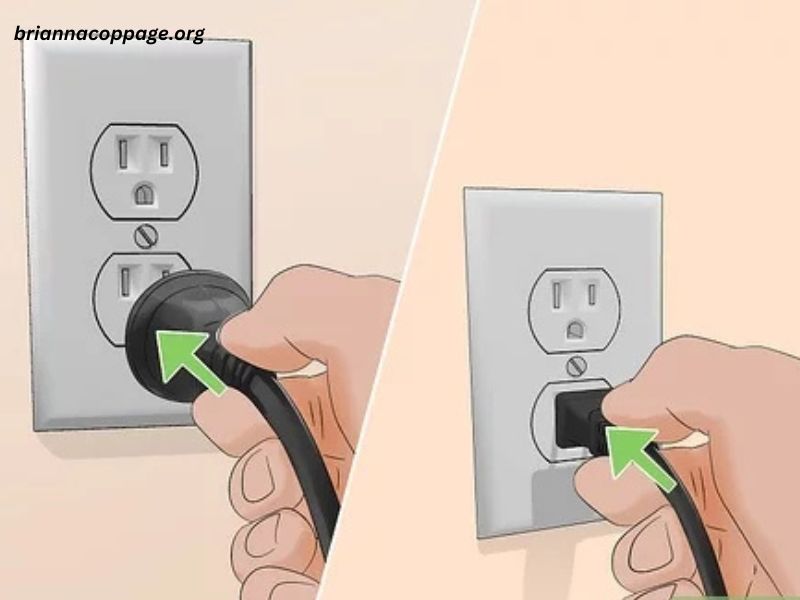Circuit breakers are one of the most critical components of your home or business’s electrical system. They serve as safety devices designed to prevent electrical overloads or short circuits, helping to protect both electrical devices and, more importantly, people. These devices monitor electrical flow and automatically interrupt the circuit if the current exceeds a safe level. Without them, the risk of fires, damage to electrical appliances, and even injury increases dramatically.
However, as with any other mechanical device, circuit breakers can malfunction. Sometimes these issues can seem minor, leading homeowners and business owners to wonder: can circuit breaker issues wait a day to fix? This article will explore the significance of circuit breaker problems, the risks of postponing repairs, and the best course of action to ensure safety.
Understanding Circuit Breaker Issues
Before answering the critical question, it’s essential to understand what types of issues can arise with a circuit breaker and why they may or may not require immediate attention. Some common circuit breaker problems include:
- Tripping Breakers: A breaker that continuously trips can indicate an overloaded circuit, short circuit, or fault in the wiring. While an occasional trip may be a normal response to an electrical surge, a breaker that trips repeatedly is a cause for concern.
- Circuit Breaker Won’t Reset: If a breaker fails to reset after being tripped, it could signal a mechanical fault or an electrical problem such as a short circuit, requiring immediate attention.
- Burnt Smell or Visible Damage: If there’s any visible burning, charring, or a burnt smell coming from the breaker or panel, this is a serious safety issue that cannot wait. It could indicate a faulty breaker or overloaded circuit, both of which pose a fire hazard.
- Breaker Panel Issues: Problems in the breaker panel, such as a loose connection, corrosion, or wear, can be subtle but dangerous. This type of problem might not immediately affect power, but it can escalate to more severe issues over time.
Can Circuit Breaker Issues Wait a Day to Fix?
The short answer is: it depends on the nature of the issue. While some minor problems may not require immediate attention, other more serious issues should not be delayed. Let’s break this down further to provide more clarity.
1. Minor Overloads or Single Trip Issues
If your circuit breaker trips due to a minor overload, such as plugging in too many appliances at once or a temporary power surge, the issue may not require an immediate fix. In these cases, the breaker is doing its job by preventing the circuit from overheating. Simply unplugging some devices and resetting the breaker may restore normal operation without further intervention.
In this scenario, you might be able to wait a day or two before addressing the root cause (if you feel comfortable). However, if the breaker continues to trip frequently, it indicates that the underlying issue needs to be addressed sooner rather than later. Prolonging repairs could lead to further damage, increased fire risk, or other electrical hazards.
2. Breaker Won’t Reset
If the circuit breaker fails to reset, it could indicate a mechanical failure or a short circuit. A breaker that won’t reset is a red flag because it might suggest that the breaker is no longer functioning properly, and the circuit could remain unprotected. This type of problem should be addressed immediately. Waiting even a day could risk leaving the circuit unprotected, increasing the likelihood of electrical fires, shocks, or other severe damage.
A faulty breaker that won’t reset should be replaced or repaired by a licensed electrician. Delaying repairs could lead to further complications, including damage to the electrical wiring, devices, and even people.
3. Signs of Overheating, Smoke, or Burning Smell
If you notice a burnt smell or see visible damage or smoke around the breaker or electrical panel, do not wait a day to fix the issue. These are major signs that your electrical system is overheating or that there’s a short circuit. Overheating breakers or panels are serious fire hazards, and a delay in fixing the problem could lead to a fire breaking out, which can be catastrophic.
If you encounter any signs of overheating or burning, it’s essential to turn off the power at the main electrical panel and call an electrician right away. The risk of fire or electrical shock is too high to wait, even for a few hours.
4. Faulty Wiring or Short Circuits
Faulty wiring is another issue that can cause circuit breakers to trip or fail to reset. Wiring problems are often a precursor to more significant electrical hazards, including potential electrical fires. If you suspect that the problem lies with the wiring or that there is a short circuit somewhere in the system, it’s best not to wait more than a day to resolve the issue.
While it may not be immediately visible or alarming, faulty wiring or a short circuit can escalate quickly, especially if the issue involves high-voltage appliances or circuits with heavy loads. Electrical shorts can result in sparks, fires, or permanent damage to appliances and electrical devices. Therefore, prompt repairs are necessary to ensure the safety of your property and the people inside it.
5. Intermittent Issues or Loose Connections
Occasionally, circuit breakers can experience intermittent issues or loose connections that can cause flickering lights or devices that don’t function correctly. While this type of problem may not be as urgent as other issues, it should not be ignored for long. Loose connections can cause a fire if the wires heat up or arc, so even though the issue might seem small, it’s still a potential fire hazard.
In these cases, it’s advisable to contact an electrician soon, although you might be able to wait a day or two if it’s not an immediate concern. However, prolonging repairs could lead to more significant issues if the connections worsen or other parts of the circuit become affected.
The Importance of Professional Assessment
When it comes to circuit breaker issues, even seemingly minor problems should not be taken lightly. A professional electrician can assess the issue and identify potential dangers that might not be obvious to the untrained eye. If you’re unsure whether your circuit breaker issue can wait, it’s always better to err on the side of caution and call a professional. They’ll provide a proper diagnosis and help you decide whether immediate repairs are necessary or if the problem can wait.
Safety First: It’s critical to understand that any electrical issue involving circuit breakers can ultimately lead to safety risks, and the longer you wait to address the problem, the greater the chance of significant damage or injury.
When to Call an Electrician: A Quick Guide
Here’s a summary of when you should contact an electrician for circuit breaker issues:
- Immediate Action Needed:
- The breaker won’t reset
- There’s a burnt smell, smoke, or visible damage
- You see signs of electrical fires (e.g., scorch marks, sizzling sounds)
- The breaker is tripping frequently (more than once or twice)
- You suspect faulty wiring or short circuits
- May Wait for a Short Time:
- A single breaker trip due to a temporary overload (such as plugging in too many appliances)
- Intermittent issues with loose connections (though it’s still best to address this promptly)
Conclusion
In conclusion, whether circuit breaker issues can wait a day to fix largely depends on the nature of the problem. Minor overloads and one-off trips may not require immediate repairs, but more serious problems—such as breakers that won’t reset, signs of overheating, or suspected wiring faults—should not be delayed.
Electrical issues are not something to take lightly, and the risks associated with faulty circuit breakers can have severe consequences, including fires, electrical shocks, and significant property damage. If in doubt, it’s always safer to call an electrician immediately to inspect the issue and determine the best course of action.
Remember, waiting could cost you more in the long run if a small issue develops into a dangerous problem. Prioritize safety, and don’t hesitate to seek professional help when dealing with electrical problems.






